SUCCESSFUL FEEDBACK
How leaders can increase performance, motivate and engage their team
Live Online Workshop
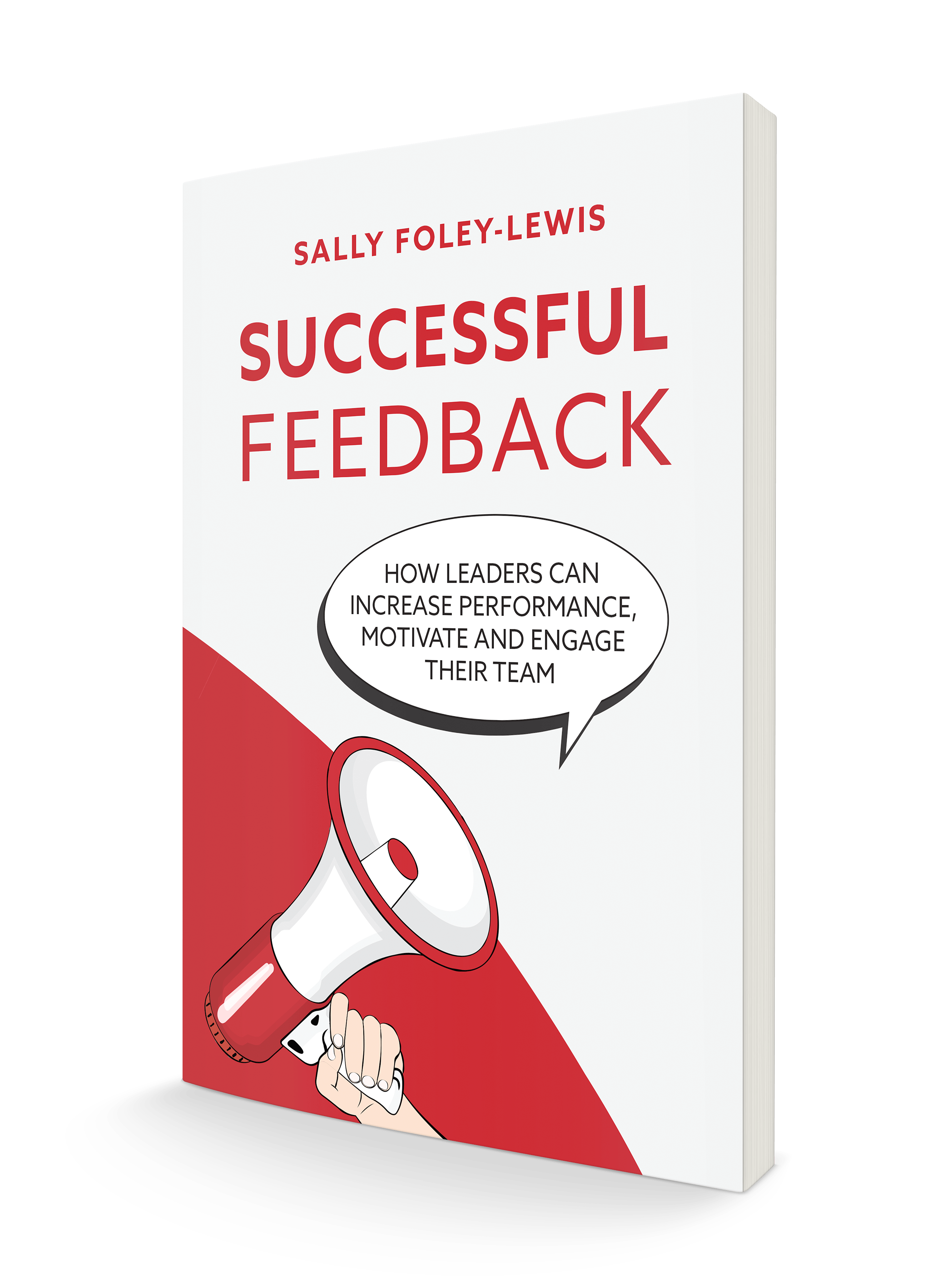

SUCCESSFUL FEEDBACK
Do you avoid giving feedback?
Are you sick of awkward conversations, dancing around the issues?
Would you like more confidence to give effective, engaging feedback?
Let’s chat to organise a
workshop for your team.
SUCCESSFUL FEEDBACK
… removes the guesswork out of giving and receiving feedback and performance conversations.
SUCCESSFUL FEEDBACK
… gives you a structured, solutions-oriented and engaging road map for performance conversations.
SUCCESSFUL FEEDBACK
… is your “how-to” for giving praise, giving constructive and corrective feedback, and ensuring you receive specific and helpful feedback.
SUCCESSFUL FEEDBACK
… provides you with a simple formula to follow and through the case studies included shows you how to follow it.
SUCCESSFUL FEEDBACK
… is a vital tool for every leader – it works!

- If I say anything, he accuses me of bullying.
- If I try to address work performance she starts crying and we never actually discuss performance.
- I had one member of my team who would schedule appointments when we were supposed to have the performance meeting. She dodged me all the time. Wasted so much time chasing the meeting.
- The paperwork is so time consuming. I don’t know what happens to the information once I submit it. I’m told it is part of determining the annual development plan for the organisation, but I rarely see anything on that plan from what my team asks for or what I ask for.
- I hate to admit it but I call my most challenging employee the ‘teflon kid’: every time I try to address his performance he blames everything and everyone else. Responsibility slips right off him!
- I don’t know how to start feedback conversations, especially difficult conversations, I hate to be the ‘bad guy’ with the bad news.
- I feel so fake when I try to give some praise before I actually bring up the real feedback: everyone know’s it’s a ‘sh#t sandwich’, it feels awful.
- My boss keeps telling me to ‘catch them doing things right’, I know she means to praise but I don’t know how to say it without sounding cheesy.
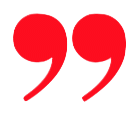
When you give quality feedback, you create a culture of support, respect and clear expectations. This leads to your team under- standing:
- Why their role exists.
- What they are meant to achieve.
- What they are doing well and what needs improving. What impact their performance has on others in the workplace and on the bottom line.
- What goals are being achieved and which ones are not or need changing.
By having this information, you and your team can co-create a plan of action that is focused, results-driven and engaging.
Poorly delivered feedback has a negative effect on motivation, which impacts focus and goal attainment. Conversely, when time and effort are spent on providing quality feedback – be it corrective or praise – the potential value includes:
-
Employees’ self-image is enhanced and, therefore, they feel valued and part of something worthwhile.
-
As the leader, your role is respected and valued more.
-
Productivity increases and improves through clarity of goals and expectations and, as a result, employees use their time more effectively.
-
Interpersonal communication improves.
-
Trust deepens.
-
Resilience as a team improves as individuals can cope with corrective feedback in a more constructive way.
People receive feedback in a manner of different ways. Knowing how to handle different feedback receivers means you can quickly engage and help them improve performance:
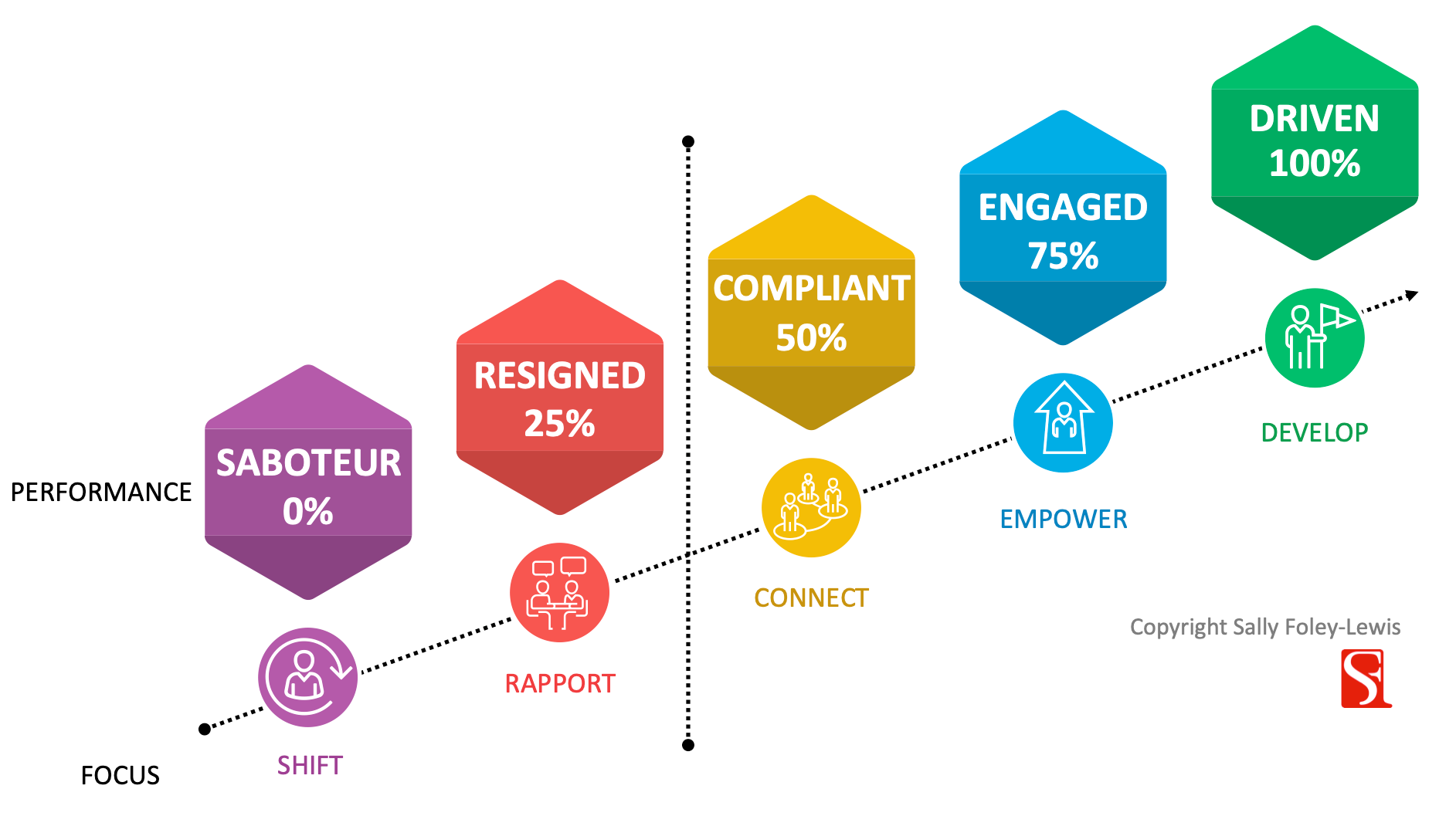
Would this work for you?
- A culture of feedback and growth across your organisation or business.
- Your employees helping to grow the business through direct contribution and development, stepping up and speaking up.
- Your employee turn-over rate reduced and staff morale and job satisfaction scores increased.
- More effective succession planning, leading to vacated roles being filled faster with existing employees prepared to take on the new challenge.
- Your company, business or practice reputation improved, leading to increased competitive advantage and attracting higher calibre employees, stakeholders and clients.
- Your employees and managers proactively engaging in con- stant feedback conversations.
Well-facilitated feedback leads to:
- Improved performance across the organisation.
- Decreased turnover.
- A more productive, skilled and loyal workforce.
- A more cost-effective, informative and engaging performance-appraisal process.
- Increased trust, confidence and openness between managers and employees.
The SUCCESSFUL FEEDBACK workshop is designed to:
- Provide the knowledge, skills and structure to give and receive feedback.
- Learn when and where to give feedback.
- Provide each attendee with templates, wallet-sized card prompter.
- Learn how to handle the range of feedback avoiders.
- Create a foolproof feedback plan.
- Learn the strategies that make feedback and difficult conversation effective every time; and develops your people, and boosts your leadership.
WORKSHOP ELEMENTS:
- What is feedback and what it isn’t
- Learn the 3 A’s of Feedback
- Learn the types of feedback receivers and how to handle them to boost productivity and profit
- Learn the EECC structure of giving and receiving feedback
- Discover the hidden secret to feedback success
- Skills for giving and receving feedback
- A feedback plan
- Strucutring and controlling the feedback conversation
Participants will receive:
- Workbook: an editable pdf so that participants can capture their learning, notes and insights.
- Templates and posters and memory aids.
- A copy of the book Successful Feedback: How Leaders Can Increase Performance, Motivate and Engage Their Team.
LIVE ONLINE
WORKSHOP
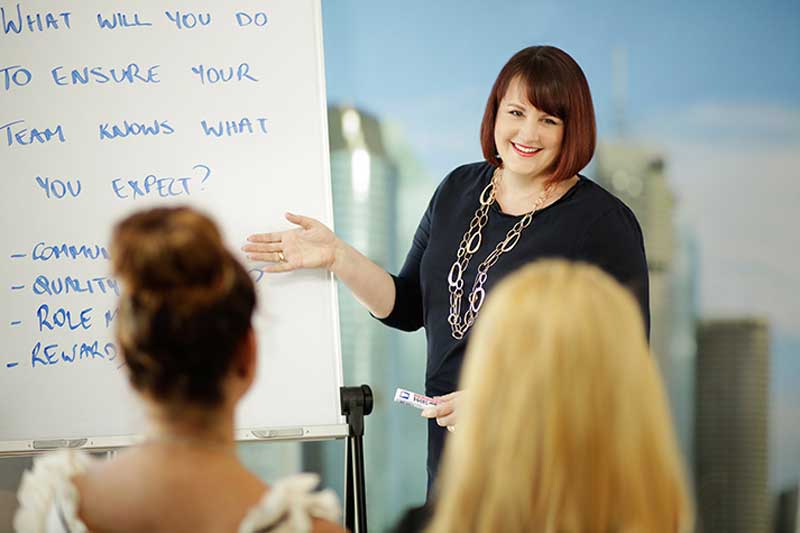
This dynamic live online workshop includes knowledge transfer, self-assessment, scenario exercises and activities.
Using a diverse range of methods for online engagement leaders will gain:
… the skills and confidence to handle feedback and difficult conversations: how to plan for and have the tough conversations.
… explore and use the E.E.C.C. feedback formula for confident, two-way, results-oriented conversations.
… tips and tools to implement immediately.
… resources for planning and structuring successful feedback every time.
… the skills to shift from feedback avoider to confident and successful feedback giver.
… the insight to be a feedback role model for their direct reports and colleagues.
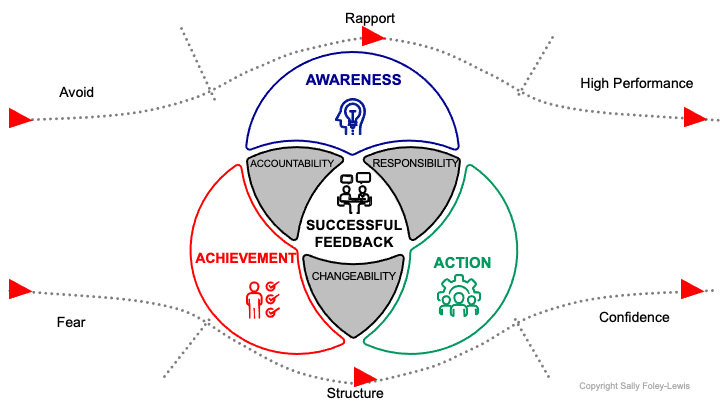
I loved reading Sally’s book, Successful Feedback, as it was short, informative and straight to the point. Sally’s EECC feedback formula is an amazing guideline on how you can give positive and corrective feedback while also encouraging the person on the other end to contribute to the discussion on how they can perform better. After reading the book, I tried using EECC when I had to address my colleague about a problem that started reoccurring often. My colleague took the whole thing well and even commented on how he will take more care when doing that certain task. I found it so effective that I still use it today whenever I can.
Buy this for your boss! Sally Foley-Lewis is an expert in the field of management – high-performance management. She has delivered a simple and powerful approach to giving feedback that empowers both the giver and the receiver. It’s simple and easy to implement – and it works. Just check out her LinkedIn recommendations from delighted clients for proof. Buy Successful Feedback for your team’s sake. They will love you for it.
Only 8% of companies surveyed believe their performance management process is highly effective in driving business value. (Source: Saba)
Prior to having EECC in my toolkit, I found it difficult to know where to begin when having challenging conversations with colleagues. More often than not, these conversations were not effective because I would discuss things that weren’t relevant or useful in working towards a solution. The EECC formula was effective for me as it provided me with a simple, repeatable and realistic framework that I have found easy to apply in my work setting.

I have found using the feedback formula makes difficult conversations much easier. When people are aware of the effect of their actions, it is easier for them to change and commit to the change. I have used the feedback formula both in positive and negative situations with very good results.
